A conversation on how communities prepare for economic challenges and opportunities

29 Sep 2022
Executive Director Monthly Column, Economy, recruitment, Martin Karl Vangas, Joe Morrison
It’s time we gathered again—to talk about Kitsap, its economy, community and what our shared future might look like.
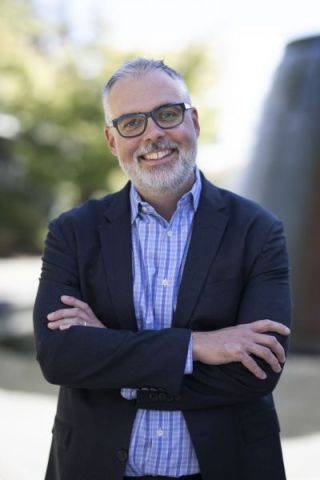 Joe Morrison, KEDA Executive Director for the Kitsap Sun
Joe Morrison, KEDA Executive Director for the Kitsap Sun
After years of not holding our annual fall forum because of COVID, this year the Kitsap Economic Development Alliance is back in a big way. KEDA is holding Fall Forum: Level Up October 20 from 1-5 p.m. at the Kitsap Conference Center at Bremerton Harborside.
We’ve got a lot planned: We’ll start things off with labor economist Anneliese Vance-Sherman, who will talk about the difficulties employers continue to face with staffing, as well as the ongoing inflation we’re all facing. We’ll also hear from a handful of Kitsap startups on the companies they’re building; inclusive employment providers on the rewards of hiring those with disabilities; and finally, our WAV-C innovation team on the emerging industry of maritime autonomous vehicles.
And after all that, we’ll hear from keynote speaker Martin Vanags.
“Marty,” as he likes to be called, has a fascinating background. He’s been both a city manager and economic developer. So his decades-spanning career includes leadership roles in economic development in places like Bloomington, Illinois; Indianapolis, Indiana; and Saratoga Springs, New York. While his talk at Fall Forum is a 30,000-foot view on the challenges, opportunities and future of Kitsap’s economy, I took some time with Marty recently to get his thoughts on how communities can position themselves for a thriving future. Here’s what he had to say..jpg)
Joe Morrison, KEDA: In so many places, people get excited about business attraction and recruitment efforts—where economic developers try to bring in new employers, for example. While this is part of “the job” in economic development, it also offers most communities generally a poor return on investment. What’s your opinion of recruiting new businesses as an economic development strategy?
Marty Vanags: The “business” of business attraction is costly and time-consuming and, for most communities, does not result in success. Thousands of communities participate in junkets to reach out to site selectors, but the truth is that most of them will never get a project. It’s not because the community isn’t worthy; it is simply a game of numbers.
Too many communities vying for too few projects is a numbers game that is hard to bet against. The second numbers game is the lack of enough financial incentives for most communities to be taken seriously. The types of incentives are often too generic and not attuned to the kind of assistance required to get a new business to take the massive leap to relocate to a specific community, uprooting their employees and operation. Finally, there are often too few workers with the proper training and skills the larger projects need.
Joe Morrison, KEDA: Well, it’s certainly interesting how Washington state has managed to be a remarkably successful economy, while near-outlawing business attraction incentives. So you and I agree that this doesn’t really work. So what kinds of strategies do work to improve a community’s economic health?
Marty Vanags: The foundation of any good economic development program starts with an all-encompassing and comprehensive business retention and expansion program, or “BRE.” Imagine a community that reaches out to its local businesses in a way that gives them a level of support that is unprecedented and exceeds expectations. Imagine a community that provides the kind of support where they continuously and consistently listen to their businesses, large and small.
Imagine a community where based on these interactions, businesses can safely and confidently feel they will be supported, and the community will take care of them; that their business is important, appreciated, and valued.
A BRE program done at this level, in and of itself, is a community’s business attraction program. No business will come to your community if they hear or see that the existing companies are not being taken care of. The industry already here becomes your best-case study that would attract other companies.
Most communities should seriously look at how they are doing their BRE program and build one that is ubiquitous and all-encompassing. If they do, attracting businesses will be second nature.
Joe Morrison, KEDA: Makes sense and good news: KEDA just hired an economic developer whose core skill set is business retention and expansion.
Now let’s move on to entrepreneurship, and whether communities should be supportive of efforts to grow and support new businesses. Do you think this the responsibility of economic development as an industry? After all, you could argue entrepreneurs need no support—they’re self starters, right?
Marty Vanags:: Support for local entrepreneurs and start-up businesses is key to creating your desired economy. As with BRE, if the community supports local businesses and creates an environment conducive to nurturing start-ups, the local economy can grow. Never underestimate what one or two ambitious and intelligent people can do when starting and growing a business.
In a community where I worked (Bloomington, IL), one man created an insurance company 100 years ago. A failed farmer in his early 40s. He had little chance of being successful. His business started insuring the newfangled mode of transportation called the automobile, and today that company employs 16,000 people in Bloomington.
The firm goes by the name of State Farm Insurance, it’s the largest insurer of automobiles in the country. Not bad for a local business startup.
JM: When I was looking through your profile, I noticed that for an economic developer you sure do talk a lot about climate change. Why? That’s a massive issue, and we’re a small community. What does thinking about climate change and its implications have to do with economic development?
MV: While many have questioned the reality of climate change, the past couple of years have witnessed the coming changes that will continue to impact everyone. The entire economy is in a state of transition. It will continue to make significant adjustments over the next 15-20 years as the world weans itself off fossil fuels and embraces electric vehicles and alternative ways to generate electricity.
You ask, what does this mean for economic development? Well, climate change could be devastating and deadly for many people. But it is rife with opportunity.
Economic Developers would be wise to review their strategic plans, business attraction efforts, and BRE programs to see what opportunities lie within the context of climate change. Are your local companies ready to deal with supply chain interruptions due to climate? Are they prepared to mitigate their carbon emissions? What about providing carbon-free or carbon-neutral products to their customers if demanded? Are they ready to pivot and change their product lines and or change the entire way they do business? Think about what we’re seeing now, for instance, with major traditional automobile manufacturers doing away with the internal combustion engine.
The semiconductor and Moore’s Law drove innovation and technology for the past 50 years. As a society and economy, the change to a carbonless society will be the next level of change that will dictate and drive the economy.
JM: Well, let’s move on to industry and workforce. The last year or so has been frustrating for nearly all employers. It seems like there’s a general workforce shortage regardless of industry. So employers are having to go outside their comfort zones, hiring less experienced profiles, increasing salaries, offering quality of life concessions and more. What do you think about workforce today?
MV: It continues to be an issue. In almost every corner of the United States, there are more jobs than individuals to fill them. Economic Development organizations will need to continue working diligently with their workforce training partners to be nimble and provide the workforce required for employers.
However, job training is always a step behind the needs. The economy moves too fast for most job training systems.
A strong BRE program can provide the early warning systems needed to fill these gaps. Spending time with strategic foresight methods can help local communities see possibilities and then work toward creating a future workforce that fits the economy's needs.
JM: Well, the good news is that Washington does well in the world of workforce. We have a localized model that brings together employers, educators and government agencies at the local level to collaborate monthly. Alright, so—final thoughts? And, what are you most looking forward to while visiting us out here in Kitsap?
MV: Based on my initial research and conversations I believe Kitsap has the assets in place to become even more successful. Any community or region can have success if it has a plan and works on it. Kitsap County will succeed with the right formula and hard work. Economic Development occurs when there is strong leadership, willingness between ALL parties to rally around a common cause, and great communication. Communication to your stakeholders and to the outside world. I‘m looking forward to my time in Kitsap and speaking at this event.
Marty Vanags is the keynote speaker for KEDA’s Fall Forum: Level Up. Tickets are available online at http://kitsapeda.me/Fall-Forum. Note that early bird pricing ends October 2. KEDA investors and full table purchases receive discounts. For questions about Fall Forum or for Marty Vanags, e-mail Theresa Mangrum at mangrum@kitsapeda.org
More Topics






(2).png)


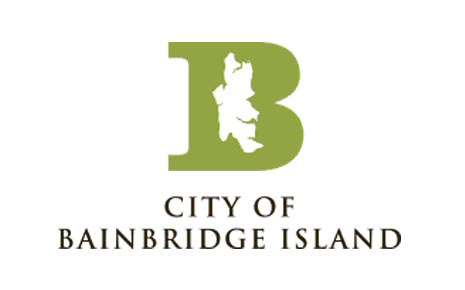
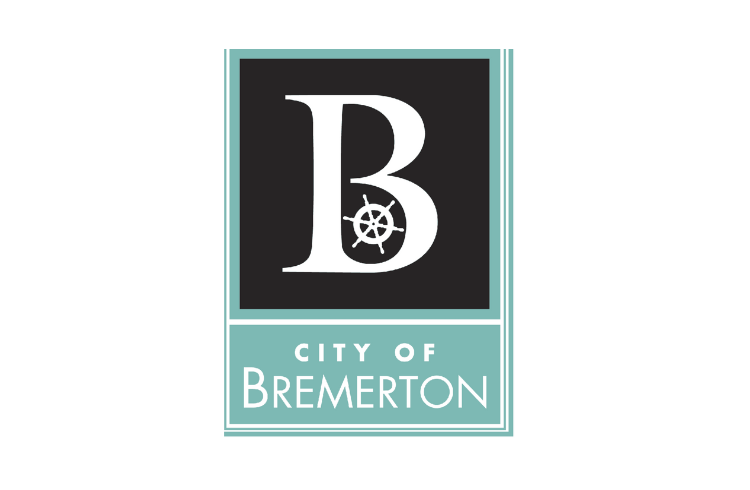

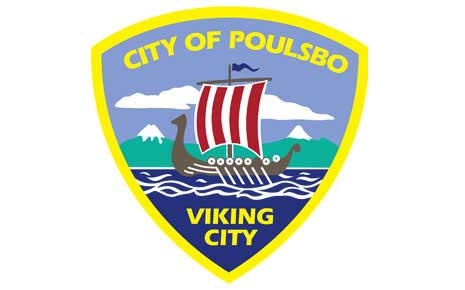

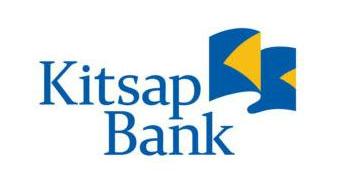
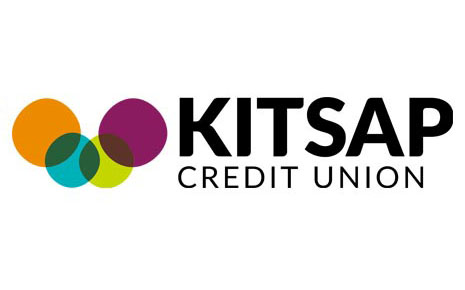
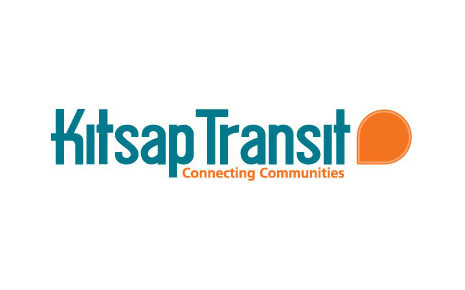
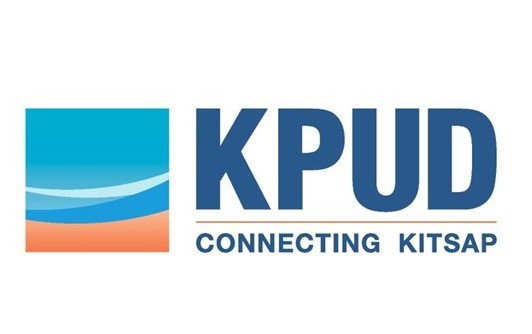
.png)

.png)




.png)



